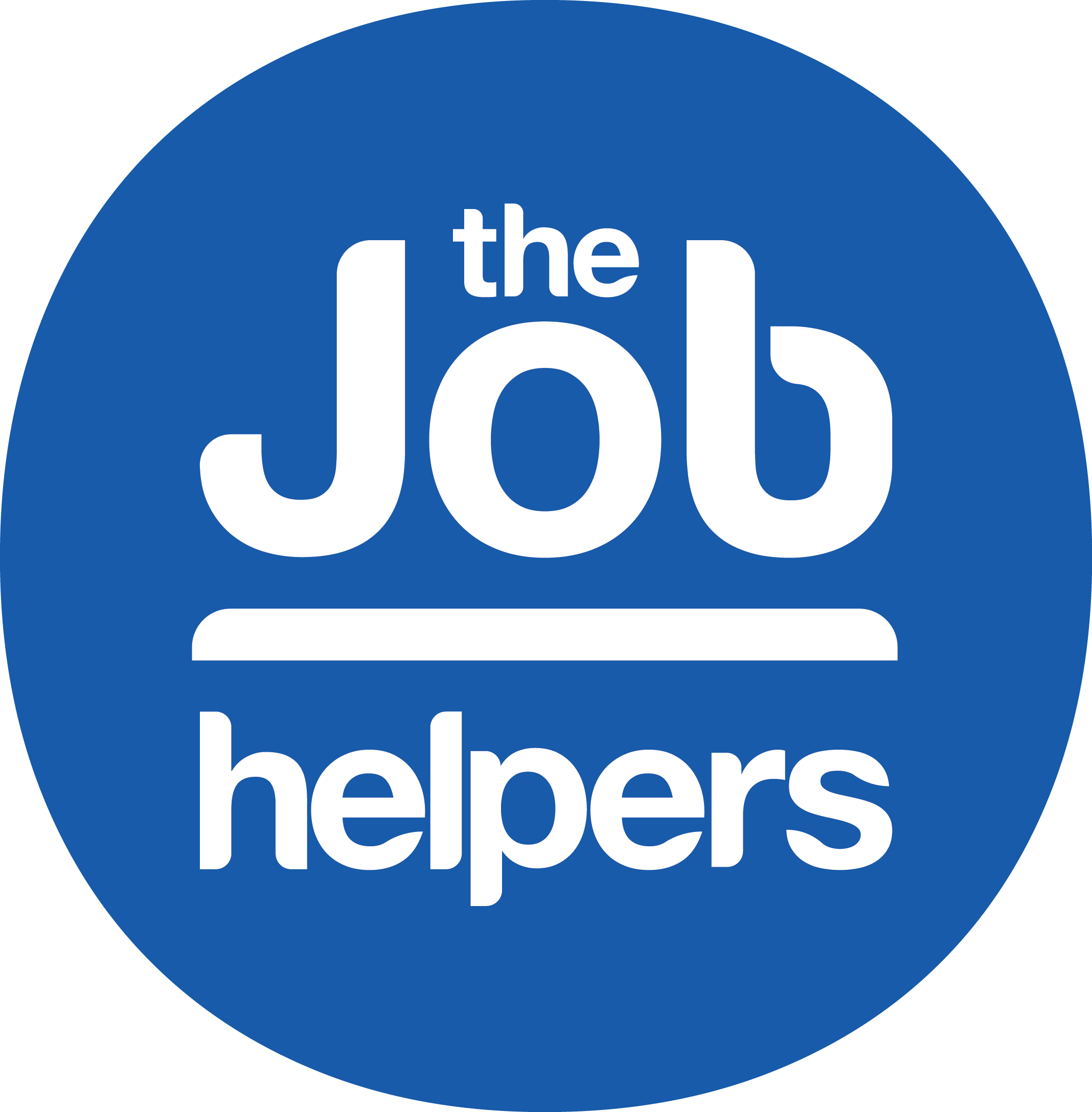Resume Mistakes to Avoid

Like a fine wine, it takes time and proper care to craft a good resume.
Building a resume is no easy task, and there are no quick fixes to get ahead of your competition, as it needs to be a strategic effort with proper research and critical thinking. Like wine with time a resume can bring you better results; however, it is important to make the necessary changes by optimizing it according to each job opening.
On average, over 250 applications are sent to a corporate job opening, and hiring managers see hundreds if not, thousands of resumes each week. So, it is important to follow standard practices and blend in your experience in a way where it caters to a specific job so; your resume can be the best match for the job opening. Nevertheless, if you don’t strike the right balance your resume might end up in the rejected pile, so it is crucial that you avoid some of the common resume mistakes listed down below:
Visual Distractions
While using a template can certainly help you stand out and grab attention, however, when you have elements in your resume that are strong visuals and “pop” that might work against you. If there are color schemes that don’t blend in with the rest of the document or have interactive charts or graphics that may distract the reader and break concentration. Remember, your resume can often render as a picture or considered unreadable by applicant tracking systems which goes through your application when you apply for an open position.
There is a handful of job seekers who use a professional headshot, but this is not common practice and should be avoided as all costs. The basis for eliminating your headshot is because employers are cautious and want to protect themselves from allegations of discrimination based on race, age, weight, gender, attractiveness, or personal style. Plus, many employers are eager to avoid unconscious bias during recruitment so, it is recommended that you to stay away from any discrimination that can get your CV rejected right away.
Keyword Overload
Your skill set needs to be highlighted by adding specific keywords to ensure that an ATS will pass your resume through an employer screening process. Also, it is important that you make sure a hiring manager can easily locate the relevant skills on your CV. However, if you are adding keywords that makes sentences choppy and unreadable, there is a higher chance the hiring manager will spot keywords that are added as fillers so be cognizant on how to use the proper combination of keywords with the sentences you are creating so it won’t look like a keyword dump. Even though excessive keyword use can help you pass through employer screenings, once it’s read by a human resource professional or your hiring manager, they will discard it right away if they sense that you tried to trick the system. A well-seasoned hiring manager can easily sense the slightest differences so, always make sure to use keywords that can blend into your resume instead of sticking out like a sore thumb. Finally, it is not about how many proficiencies and keywords you include in your resume, but those competencies need to be backed up with your accomplishments (with evidence) to be selected for an interview.

Length
The length of a resume is one of the common mistake job seekers make so pay attention instead of getting carried away. If you have less than 5 years of experience in a field, it is recommended to use a one-page resume. One the other hand, if you have more than 5 years of experience in your role, then your resume needs to be two pages.
It far too common for senior-level and mid-level professionals to add information that exceeds the recommended resume length of two pages. So, it is important to rethink your strategy if you have a resume that has more than two pages unless you are a senior executive. Research suggests that hiring managers and recruiters spend 6-8 seconds on a candidate resume so, even though you want to wow them, your approach needs to be summarized to cater to your busy audience. While you may have experience for over 20 years, the responsibilities that are day-to-day might not be relevant to the role you are interested in so make sure to think through on what you should include in your resume and how you want to use valuable real estate to get your message across to a hiring manager.
Personal Information
The modern-day resumes have no place for any personal information other than your phone number, email, state and city of residence, LinkedIn URL. Personal details about hobbies and interests, colorful jokes or family life should not take precedence over your qualifications, and it will not help the employer hiring process. Those details should be kept to yourself or added to your LinkedIn profile so, employers who have an interest in learning more about you can find you by searching for you online.
Need help writing your resume? Get started with a free resume review to see what improvements can increase your chances of getting an interview. Click here to get started.
"My goal is to help Job Seekers worldwide find employment fast."

Chui Senanayake
CEO/Founder
CATEGORIES
Share this article:
LinkedIn
Facebook
Twitter
WhatsApp
Email
Get the latest news , updates, and special offers from our newsletter

Follow Us
Buy Now
- Resume Bundles
- À La Carte Services
- Resources
- Testimonials
- Blog
- Resume Samples
About
- Our Story
- Our Team
- How we help
- FAQ
- Privacy Policy
- Terms & Conditions
Contact Details
- [email protected]
- (914) 418-4242
-
Headquarter
931 Eaglewood Ave W, West Fargo, ND 58078, USA
Latest from the Blog




-
Locations
- North Dakota, United States Michigan, United States Austin, Texas, United States Oakland, California, United States Melbourne, Australia Kathmandu, Nepal Colombo, Sri Lanka
- Ⓒ TheJobHelpers -2024
- Powered by
Upload Your Resume For A Free Review!
After the Resume upload, you can schedule a call with one of our resume experts.
(Only pdf, doc, docx, and text files are allowed to upload)
By sending us your resume, you will enable us to contact you through the email address and phone number you are providing.


